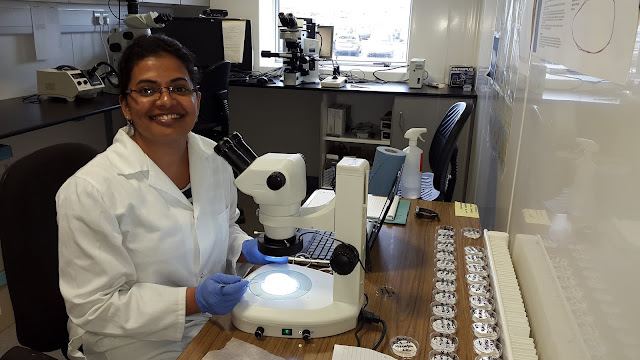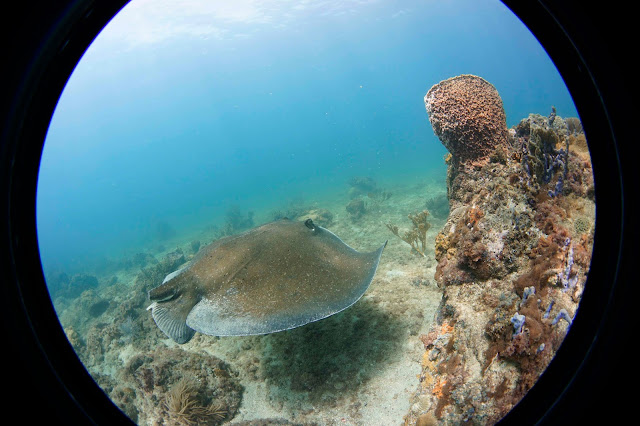Woodcreepers of Tobago

Who are these birds that hop effortlessly along the sides of trees, sometimes hanging upside down to peck at insect treats? Faraaz Abdool continues his exploration in the rainforest and introduces the wood creepers. All photos by Faraaz Abdool These little birds may be considered similar to woodpeckers, but they are different. One is often unsure of whether or not the flash of brown is a bird – until it takes to the air, flapping and gliding on splayed russet feathers to assume a position on the side of another tree. As their name suggests, woodcreepers do seem to creep effortlessly up and down the trunks of trees, defying gravity as they hop along the underside of branches. Just as woodpeckers are tethered to large trees, so too are woodcreepers. Being smaller birds, however, allows them access to thinner branches than their heavier cousins; and thus they have the luxury of foraging further away from the thickest limbs. Most woodcreepers are designed to blend into the ...


